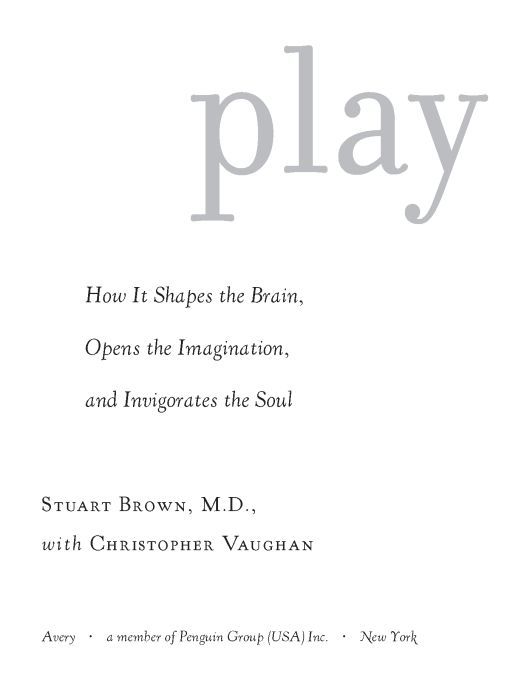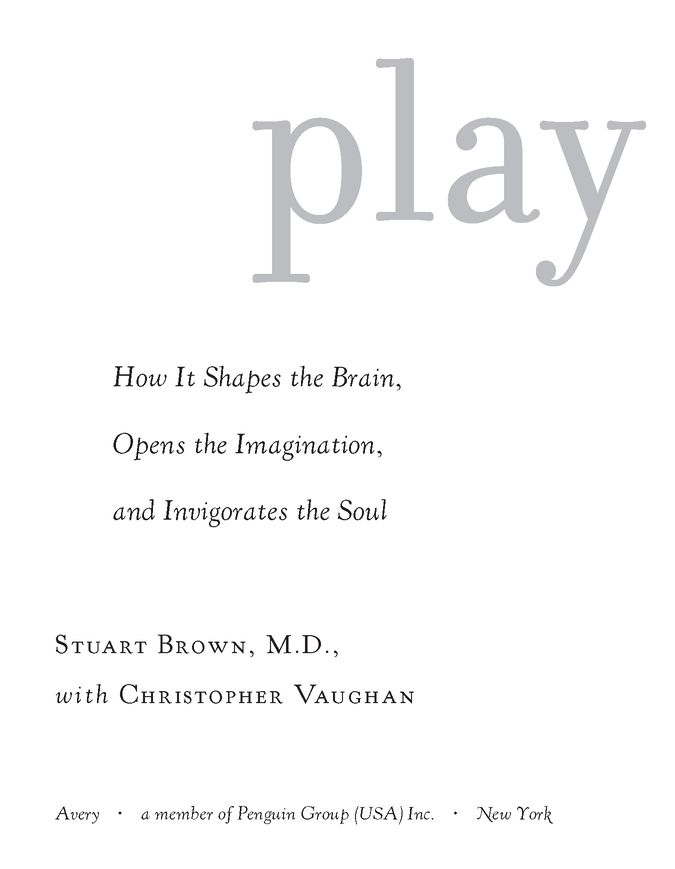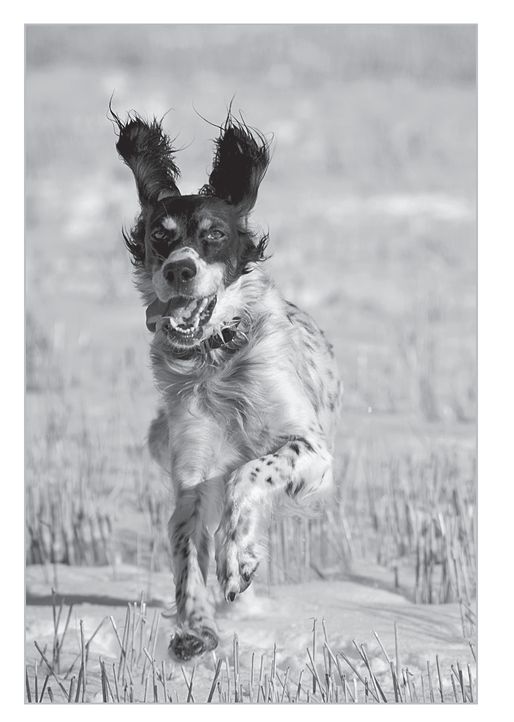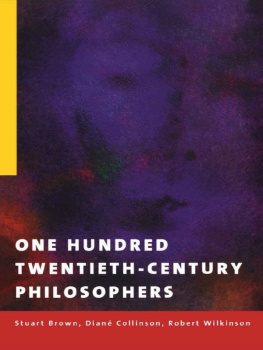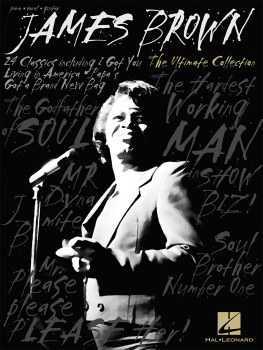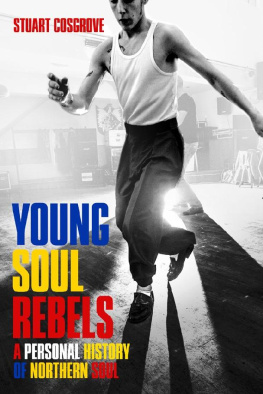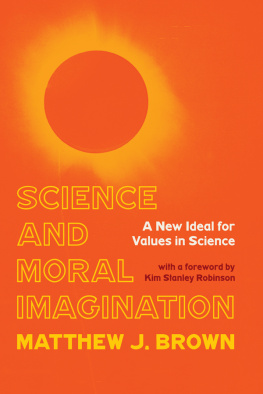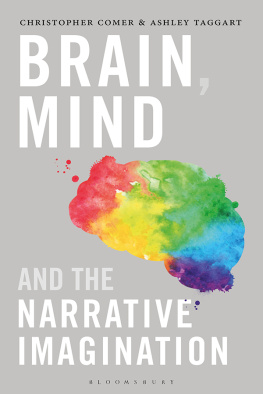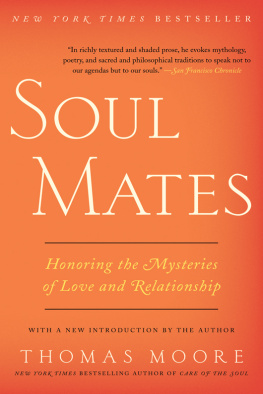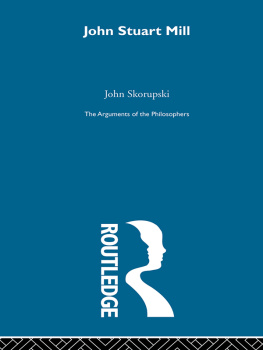Table of Contents
To my children:
Caren, who brought me the joy of attunement, and from whom I continue to learn.
Colin, whose life is empowered by play and joy.
Barry, who deftly combines compassion and play, inspiring us all.
Lauren, selfless, inventive, and fun, showing that life can be a playground.
And to their mother, Joan, for grounding them in love.
Part One
why play?
Chapter One
the promise of play
After five hours of driving over the tire-melting highways of the Nevada and Utah deserts, I am beat. My yellow Lab, Jake, shares the emotion. He is draped across the backseat, all the air let out of him. The last ten miles of our journey is an unpaved, rattling road up to my cousin Als ranch, so it is half an hour more before I shut down the engine and the dust cloud that has been following us blankets the car.
Then something miraculous occurs.
I open the door for Jake and he freezes, every sense aquiver. He instantly takes in the whole scene: a bright August day, four acres of pasture, a dozen horses, my cousin Al, his four kids, and two dogs. A light breeze rustles aspen leaves, wafting scents of hay and horses across the Utah ranch. Doggie heaven.
In half a second Jake is flying out the door, a blond blur zipping toward the pasture. He races at full gallop one way and reverses, paws tearing up the dust in a skidding turn, then accelerates to warp speed in the opposite direction. His mouth is agape, the corners pulled back in a canine grin, his tongue lolling out one side.
Jake blasts into the maze of animals without hesitation. I worry about how the horses will react, but they dont shy. In a flicker the horses are jumping and gamboling. It seems that we alladults, kids, dogs, horsesrecognize that Jake is consumed with the joy of play. All of us are caught up in the moment.
Jake initiates a free-for-all game of follow the leader. He darts from horse, to person, to dog, to pony, to person, and back to horse in an outstanding display of speed, athleticism, and pure exuberance. Jake shoulder-checks another dog and sends him flying, but he doesnt lose a bit of speed and the other dog is right back up and into the chase. The children squeal with delight and run after Jake as he does figure eights. The adults are soon whooping and running. Even some observing magpies get caught up in the act, swooping over the melee.
The moment is captivating, gleeful, unexpected, and short-lived. After thirty seconds the horses scatter and the dogs lie down, panting and cooling their bellies in the grass. All of us feel completely exuberant. We catch our breath and laugh. The tension and fatigue of the drive has fallen from my shoulders. The kids are giggling. The rest of the day has a lightness and ease that I hadnt felt for a long time.
On that day, Jake gave a compact demonstration of what years of academic and clinical research has taught me about the power of play. Most obviously, it is intensely pleasurable. It energizes us and enlivens us. It eases our burdens. It renews our natural sense of optimism and opens us up to new possibilities.
Those are all wonderful, admirable, valuable qualities. But that is just the beginning of the story. Neuroscientists, developmental biologists, psychologists, social scientists, and researchers from every point of the scientific compass now know that play is a profound biological process. It has evolved over eons in many animal species to promote survival. It shapes the brain and makes animals smarter and more adaptable. In higher animals, it fosters empathy and makes possible complex social groups. For us, play lies at the core of creativity and innovation.
Of all animal species, humans are the biggest players of all. We are built to play and built through play. When we play, we are engaged in the purest expression of our humanity, the truest expression of our individuality. Is it any wonder that often the times we feel most alive, those that make up our best memories, are moments of play?
That is something that struck me as I was reading obituaries of those who lost their lives on September 11, 2001, stories I began collecting because they were such poignant and gripping portraits. Soon I realized that what people most remembered about those who died were play moments or play activities. The March 31, 2002, edition of The New York Times, to take one example, has obituaries with these headlines: A Spitball-Shooting Executive, A Frank Zappa Fan, The Lawn King: A Practical Joker with a Heart, A Lover of Laughter. What dominated the profiles beneath the headlines were remembrances of play states with loved ones, which were like joyful threads running through their lives, weaving memories and binding them together emotionally.
I HAVE SPENT a career studying play, communicating the science of play to the public, and consulting for Fortune 500 companies on how to incorporate it into business. I have used play therapies to help people who are clinically depressed. I frequently talk with groups of parents who inevitably are concerned and conflicted about what constitutes healthy play for their kids. I have gathered and analyzed thousands of case studies that I call play histories. I have found that remembering what play is all about and making it part of our daily lives are probably the most important factors in being a fulfilled human being. The ability to play is critical not only to being happy, but also to sustaining social relationships and being a creative, innovative person.
If that seems to be a big claim, consider what the world would be like without play. Its not just an absence of games or sports. Life without play is a life without books, without movies, art, music, jokes, dramatic stories. Imagine a world with no flirting, no day-dreaming, no comedy, no irony. Such a world would be a pretty grim place to live. In a broad sense, play is what lifts people out of the mundane. I sometimes compare play to oxygenits all around us, yet goes mostly unnoticed or unappreciated until it is missing.
But what happens to play in our lives? Nearly every one of us starts out playing quite naturally. As children, we dont need instruction in how to play. We just find what we enjoy and do it. Whatever rules there are to play, we learn from our playmates. And from our play we learn how the world works, and how friends interact. By playing, we learn about the mystery and excitement that the world can hold in a tree house, an old tire swing, or a box of crayons.
At some point as we get older, however, we are made to feel guilty for playing. We are told that it is unproductive, a waste of time, even sinful. The play that remains is, like league sports, mostly very organized, rigid, and competitive. We strive to always be productive, and if an activity doesnt teach us a skill, make us money, or get on the bosss good side, then we feel we should not be doing it. Sometimes the sheer demands of daily living seem to rob us of the ability to play.
The skeptics among the audiences I talk to will say, Well, duh. Of course you will be happy if you play all the time. But for those of us who arent rich, or retired, or both, theres simply is no time for play. Or they might say that if they truly gave in to the desire to experience the joy of free play, they would never get anything done.

